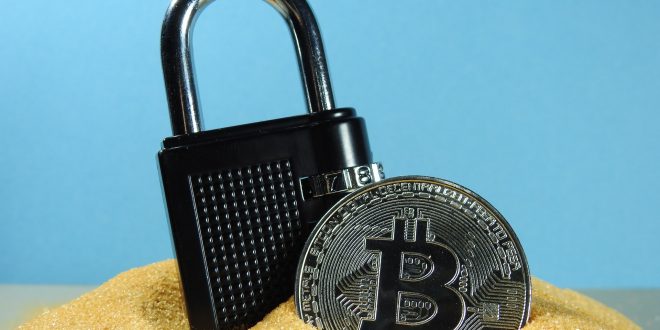When modern technologies entered the stage of the global economy, finance, and numerous other industries, everything we’ve known about has started to change. Some of the unimaginable things such as using virtual money to purchase properties, cars, or just a cup of coffee, became a part of our everyday routines and life in general. But what’s the reason for such a great switch to more convenient and progressive solutions?
Among all the possible reasons, there is one that’s more important than the others and that is – the need for a better system that wouldn’t have to be controlled by third parties, with self-regulating technology and higher levels of security for all its users and owners. And that is exactly what cryptocurrencies are about.
Tectonic movements that modern technologies have initiated, provided us with more than a thousand cryptocurrency types, and even a bigger number of jobs for people who had no perspective until recently. Not only that, thanks to crypto, many people who didn’t have access to any financial institutions, due to the society they are living in or their geographical location or due to other issues that have something to do with their personal info, are now able to become owners of accounts that are somewhat similar to bank accounts, only this time, it’s called digital wallet, which means that it’s an account where you can store your cryptocurrencies, or your digital money, the same way you could store any traditional currency, with a convenient twist – no third parties such as banks or government institutions don’t have the right to access your personal info, nor bank accounts. Sounds good? To us, it sounds like a revolution.
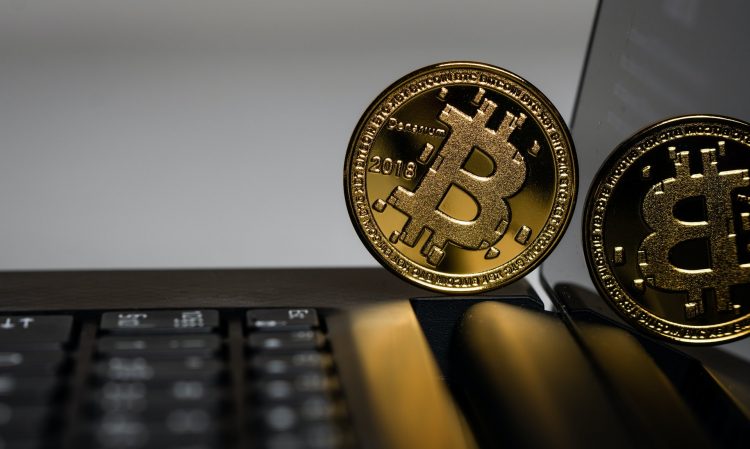
But every revolution, apart from its fantastic benefits, usually comes with a lot of downsides. When it comes to modern technologies, the Internet, and decentralized money, it would be impossible if this new system didn’t come with at least one or two risks. Apparently, blockchain technology is not only tempting for its users and creators, but it’s also pretty interesting to hackers and cybercriminals. What’s the reason behind this? The answer is simple. If we take Bitcoin as an example, you can see how the value of this cryptocurrency has spiked over the last few years, and especially the last year and during 2024. As of today, one Bitcoin’s value is close to $39 thousand! It doesn’t come as a surprise that Bitcoin miners and BTC owners are a great target for criminal attacks, due to the worth of their assets. Although BTC owners and miners were untouchable for a long time, more sophisticated crypto crimes have started to happen, or in other words, some of the levels of security that decentralized money had compared to traditional currencies, have been invaded, and chances are – it’s only going to progress.
In an environment like that, is it possible to save your assets from potential attacks and prevent intruders from penetrating your digital wallet? The answer is – most certainly. Considering the fact that if you lose your coins, you will probably never get them back, since the personal info and the tracking system isn’t the same as in traditional brick and mortar banks, people had to invest time, skills, and knowledge to prevent this from happening. Thanks to that, today, we have numerous ways to save you and your coins from being stolen or used in the wrong way. Let’s dig into that.
1. Offline Is Better Than Online
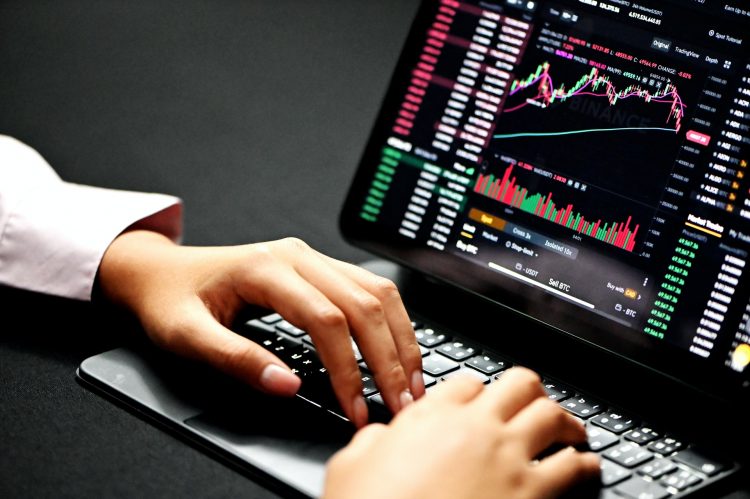
Although we all know that it’s usually necessary to have an online crypto account if you are a professional trader, consider splitting the total amount of your assets into more than one account or in other words – store it both online and offline. Simply put, look at your BTC assets as if they were gold, and store them accordingly. Luckily, you don’t need a bank for that, you just need a USB drive or a piece of paper, since crypto can be stored in a cold or hardware wallet as well – which is the name for all the offline wallets or sources where you can store your private keys – passwords. By doing that, you are making sure that no hacker can access them through the Internet.
2. Choose Wisely
Choosing the right crypto platform is one of the most important things you should consider. Why? Because you can register to a website that will not be safe and reliable enough, which may potentially expose your personal info to third parties and hackers, and finally, can leave you without your hard-earned money and coins. Therefore, before you decide which website, app, or platform is the best option, make sure to do your research and choose only the reputable ones such as CryptoEngine, so that you don’t have to worry about losing your money.
3. Use Extra Precautions
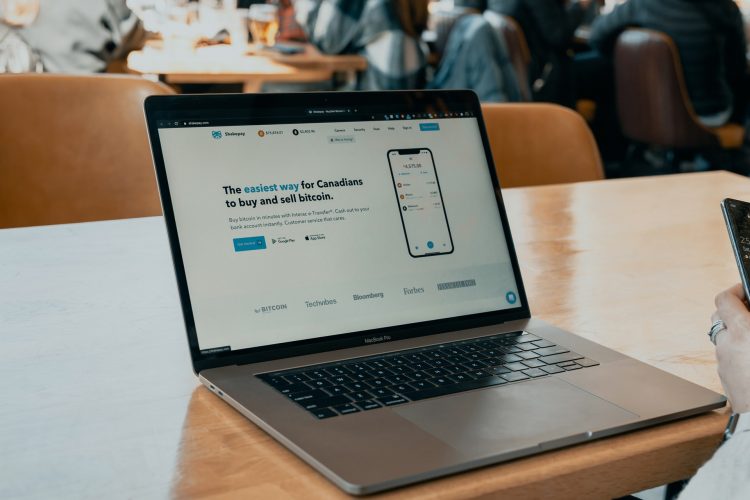
If there is something extra that could save you from cyber-attacks, make sure to take advantage of it! This means that options such as two or more-factor authentication, extremely strong passwords, multi-signature approvals, backups, and software updates – are there to help you stay safe, and that’s why you shouldn’t hesitate to invest a bit more time into these precautionary measures because you can benefit from this tremendously.
4. Make Sure Only You Know About Your Keys
Trusting someone is one thing, but keeping certain things to yourself is a completely different one. Make sure you are the only person who has access to your crypto keys because it’s the easiest way to prevent potential problems. That means that under no circumstances, you shouldn’t share your private keys with platforms you are using or other people, traders, or even your friends and family if you don’t want them to be compromised.
5. Don’t Forget The VPN
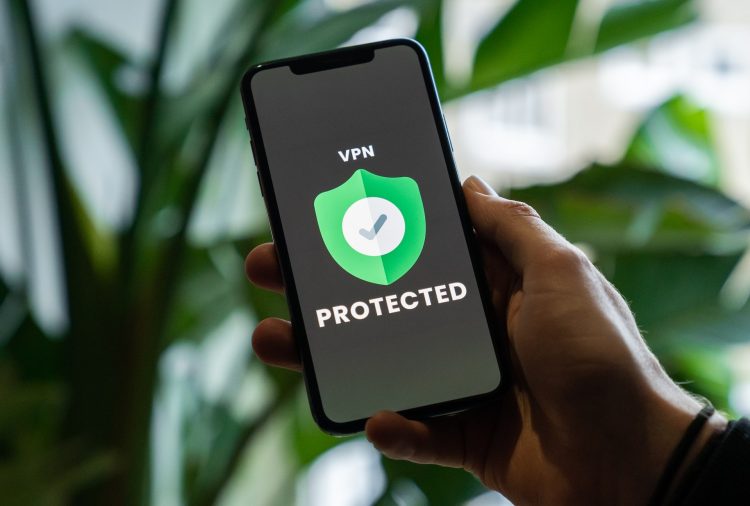
The most important thing you should know is that you should never connect to public wifi and access your account that way. It’s the number one mistake people make in general, not only when it comes to cryptocurrencies and digital wallets. If you don’t have mobile data and you are using your phone for your crypto business, then postpone everything you’ve planned until you get near a trusted Internet provider or your home wifi. But that’s not all. Even if you use a trusted wifi source, you should be using VPN, because it makes it much more complicated for cybercriminals to track your location, take your IP address and penetrate your phone, computer, and finally – your digital wallet.
 Hi Boox Popular Magazine 2024
Hi Boox Popular Magazine 2024
